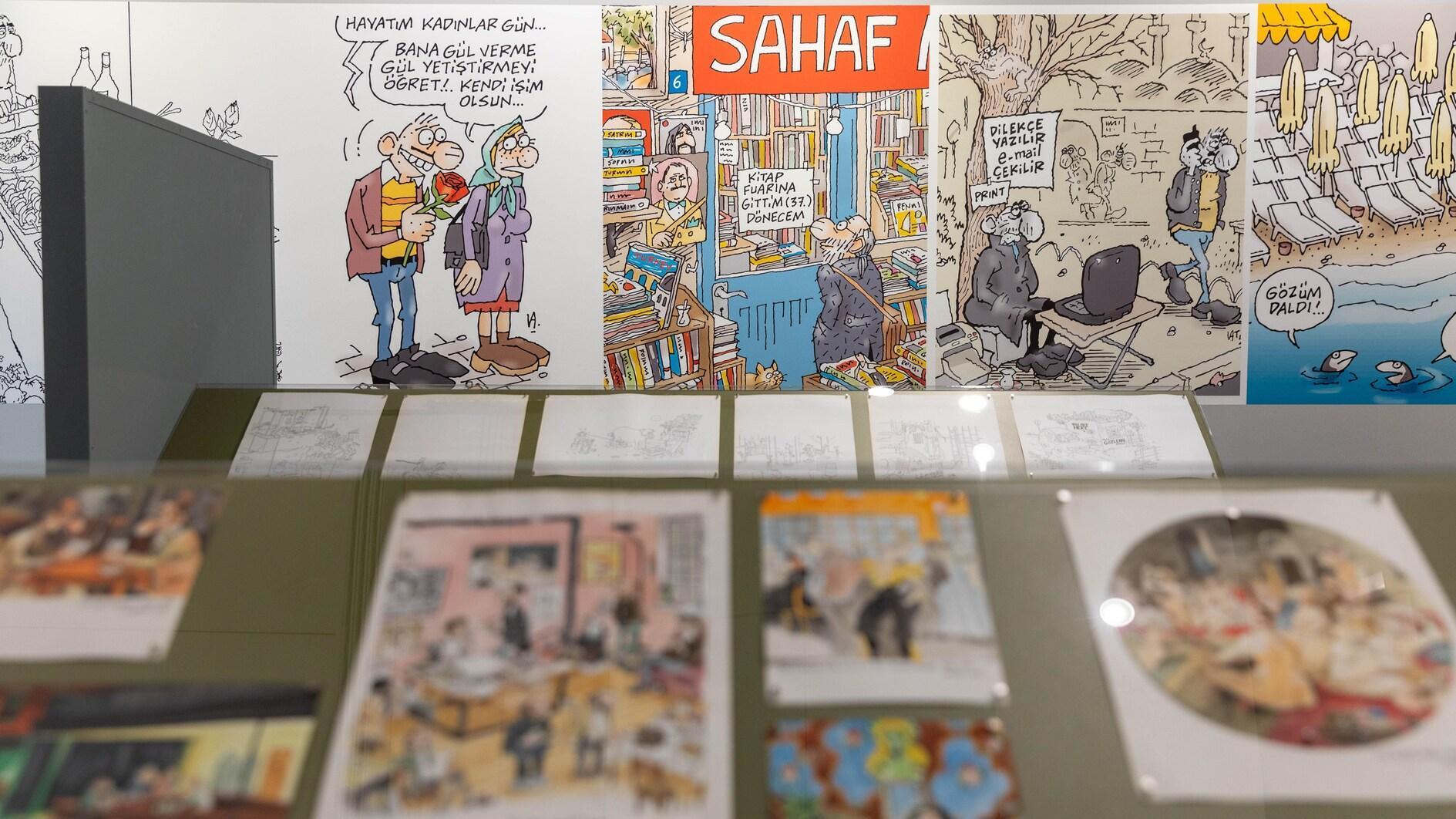On jailed journalists, no conscience can accept this
Turkish President Recep Tayyip Erdoğan must be curious about the situation of jailed journalists, as he was presented with a list. “I was looking at the 149-name list that was put in front of me,” he recently said. “But all the ‘journalists’ in jail are thieves, child abusers and terrorists. Some 144 of them are arrested on terror charges, while four are arrested for petty crimes.”
Adding four to 144 makes 148. I don’t know the charges for which the one other person on the list has been arrested.
I also don’t know who he was referring to when talking about “petty crime” charges. But I do know that a significant number of those arrested on “terror charges” have absolutely nothing to do with terror. I may have serious differences of opinion with most of them, but I know they have never held a gun in their hands; have never praised violence and have never had any organic relation with any terror organization.
If such a relationship or act could be determined, their indictments would have been written long ago and they would have appeared at court. But there is no such thing, because they are not terrorists. When the situation is like this, presenting them to society as “thieves and child abusers” should be a thing that no conscience can accept.
AKP propaganda and the truth
Prime Minister Binali Yıldırım, meanwhile, has said the main opposition Republican People’s Party’s (CHP) campaigning on the referendum to introduce an executive presidential system is “full of lies.”
But as far as I see, the “Yes” campaign of the ruling Justice and Development Party (AKP) is hardly “telling the truth.”
I have seen AKP campaign posters in Istanbul purporting to explain in single sentences what the constitutional changes will introduce. One of them is about the criminal and legal liabilities to be introduced for the executive president. If the constitutional changes occur, they say, we will be able to hold presidents to account.
Is that really so?
According to the amendment package, there will have to be two separate votes at parliament in order for a president to be tried. The first vote is on whether the accusation motion should be debated. For a debate on the motion to be accepted, at least 360 of 600 deputies will have to vote in favor.
After the motion is debated, for it to be possible to try the president at the Constitutional Court, which will act as the Supreme Council, at least 400 deputies will have to vote affirmatively.
If the crime is discovered after the president’s term is finished, the same procedure applies. The rules do not change according to whether the crime is related to the position, even if the president is caught red-handed.
Now, add to this the fact that the president will at the same time be the chair of the ruling party according to the proposed changes. He or she will therefore have selected most of the deputies.
Can it ever be possible for a president who has such powers to be referred to the Supreme Council for a crime he or she has committed? In such a parliament, can a debate on such an accusation motion even be accepted?
What’s more, let’s remember how members of the Constitutional Court will be selected. It will have 15 members. Parliament will select three members, two of them from the Court of Accounts and one as a regular lawyer. For the selection of these three, an absolute majority is adequate in the final round. In other words, the ruling party can chose whoever it wants as these three Constitutional Court members.
The remaining 12 members will be selected directly by the president. In other words, the president’s choices will be valid for the selection of all members of the court that will ultimately try him or her.
Can such a court try a president who has elected them? Who would believe that this trial would be honest, independent and impartial?
Thus, the AKP’s claim that “presidents will be held to account and will have criminal liability” is just not true.











